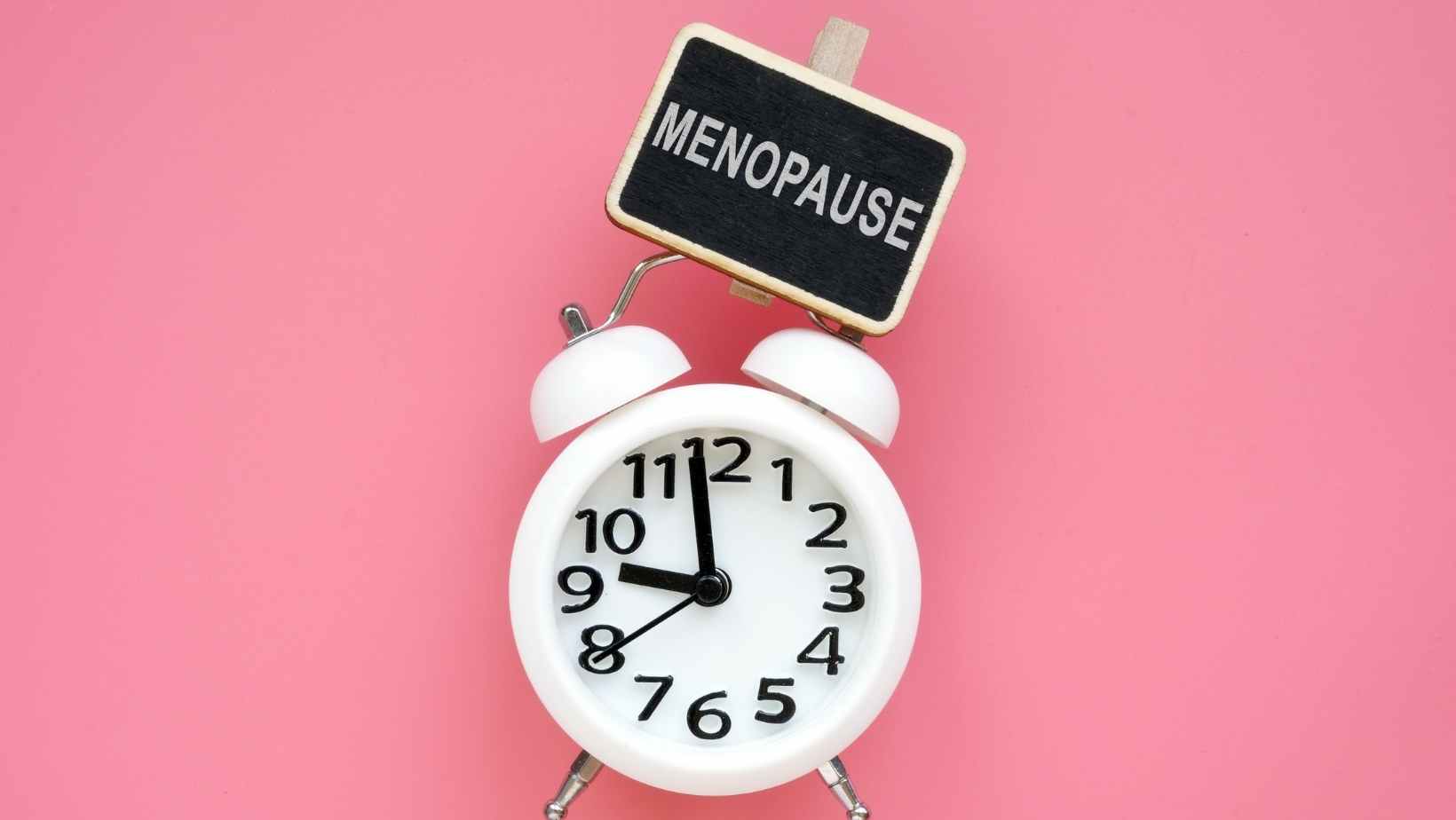
Meta Description: Menopause treatment can be managed with birth control pills. However, personalized menopause care is necessary because one size doesn’t fit all.
Menopause can be challenging to manage, especially if you don’t have the right treatment path. Are your symptoms getting out of control? What you need is a personalized treatment plan. Healthcare providers can do a complete check-up and assign medications specific to your needs.
It is possible to personalize menopause treatment with pills. There are a variety of pills available, and it is up to your doctor to assign you one that will work best. After all, the treatment plan must be tailored to meet your individual needs.
Before we begin to understand personalized menopause care, let’s learn a bit more about menopause.
Understanding Menopause
Menopause is a stage in a woman’s life where she is no longer able to reproduce. It marks the end of her reproductive years.
Did you know the average age for menopause is 45 to 55 years? WHO confirms it. If you are wondering whether you are in menopause, this section will help you decide.
But don’t make the mistake of thinking that menopause is a standalone stage. It actually can be divided into three phases.
- Perimenopause: This is the stage before the onset of actual menopause. It can start several years before menopause. You will experience fluctuation in your hormone levels. Even your periods will start getting irregular. This stage can be as frustrating as menopause, if not more.
- Menopause: You reach the actual menopause stage when you do not have your menses for 12 straight months. Hormone levels go haywire, and you’ll have great difficulty in managing your mood swings.
- Postmenopause: This stage indicates the end of your menopause. By this time, your ovaries have stopped producing eggs, and your hormone levels drop back down.
It is vital that you determine which stage you are currently in to choose the right treatment plan. To help you out more, we have listed a few symptoms that are very common in menopause.
The Impact Of Menopause On Women’s Health
Your health during menopause is at a high risk of certain chronic diseases like osteoporosis, heart issues, and Alzheimer’s. This makes holistic menopause management very important. With personalized supplements and vitamins, you can control these risks.
Personalized Menopause Treatment
Every woman’s body reacts differently to menopause. Even though your symptoms are the same as your friend’s, it doesn’t mean you both will experience the same effect. This makes our point that even in menopause, one size doesn’t fit all. That’s why you need individualized menopause therapy. A treatment plan tailored to your bodily reactions will be the best option for managing menopausal symptoms.
Here are a few of the treatment options available for menopause.
Types of Personalized Treatments
By this time, you must be wondering, ‘What will be the right treatment option for me?’ To decide that, you must first understand all the options you have. You can choose between hormonal and non-hormonal medications.
- Hormone Replacement Therapy (HRT): HRT aims to replace the hormones lost during menopause. It keeps symptoms like hot flashes and vaginal dryness in check. HRT consists of hormones like progesterone and estrogen in the form of pills, patches, creams, and more.
- Non-hormonal treatments: If you choose not to take synthetic hormones or you cannot due to medical conditions, you can opt for non-hormonal menopause medications. This includes prescription medications like antidepressants, anticonvulsants, over-the-counter products like black cohosh, red clover, soy isoflavones, and dietary supplements like vitamin D, calcium, and magnesium.
Let’s take a deeper look at hormonal medications. The most prominent ones are birth control pills.
Are you wondering what is the role of birth control pills in menopause? They don’t delay your menopause but they help to manage your symptoms. We know that birth control pills are primarily used to prevent pregnancy but the fact that they contain hormones like estrogen and progesterone helps with menopause symptoms like hot flashes, night sweats, and mood swings.
You can’t just randomly use any birth control pill. You have to decide which type is the best option for you.

Types of Birth Control Pills
There are two main types of birth control pills.
- Combination pills
Combination pills contain estrogen and progesterone hormones, which are commonly used for menopause treatment. These pills thicken the cervical mucus and prevent ovulation.
- Progestin-only pills
Progestin-only pills do not contain estrogen. These are prescribed to women who cannot take estrogen. These are less effective in pregnancy prevention as they merely thicken the cervical mucus. But they are perfect for managing menopausal symptoms.
Even these birth control pills have their own pros and cons. It’s up to you to decide how you are willing to balance your treatment plan.
Pros And Cons of Using Birth Control Pills For Menopause
| Pros | Cons |
| Effectively relieves menopausal symptoms | Side effects like nausea, headache, and breast tenderness |
| Inexpensive and easy to obtain | Risk of blood clots, stroke, and heart attack |
| Protects against bone loss | Not suitable for everyone |
It’s because of the cons that you need to personalize your treatment plan. Or you could end up doing more harm than good.
Personalizing Your Menopause Pill Treatment
The very first step in personalizing your menopause treatment is a consultation with a healthcare provider specializing in menopause care. The doctor will analyze your symptoms, consider your medical history, account for your lifestyle and preferences, and conduct scientific tests to understand what will work best for you.
Based on all this, they will provide a tailored treatment plan for your needs. And what will this include? It will include choosing the right type of pill, adjusting the dosage, determining treatment duration, charting specific diet plans, and more.
Your doctor will also make you aware of potential side effects associated with your treatment plan.
Potential Risks And Side Effects
Just like any other treatment option, menopause pills also have certain risks and potential side effects. You must discuss this with your healthcare provider before starting the treatment. Knowing potential risks will also help to manage them better when they arrive.
Some of the common menopause pills side effects are:
- Breast tenderness
- Bloating
- Mood swings
- Headache
- Nausea
- Vaginal bleeding
These symptoms are perfectly manageable with simple strategies. And if you choose not to go with the treatment plan because of these side effects then the same strategies will help minimize your symptoms.

Strategies For Managing And Minimizing Side Effects
So, pills are not your strong suit? Then I would suggest opting for lifestyle changes for menopause management. Some of the common techniques include
- Eating a healthy diet that will prevent nausea, bloating, and headaches.
- Exercise regularly to release pent-up energy and prevent mood swings.
- Get 7-8 hours of sleep to remain stress-free.
- Wear soft and comfortable clothes to prevent breast tenderness.
Conclusion
Individualized menopause therapy tailors your body’s individual needs. Trained professionals study your specific needs and assign only those treatment options that are well-suited for you. We encourage you to explore your options. Maybe there’s a pill out there that will manage your symptoms better than your current medication. Don’t self-medicate; get professional help, and you might be able to have a stress-free menopause phase.























